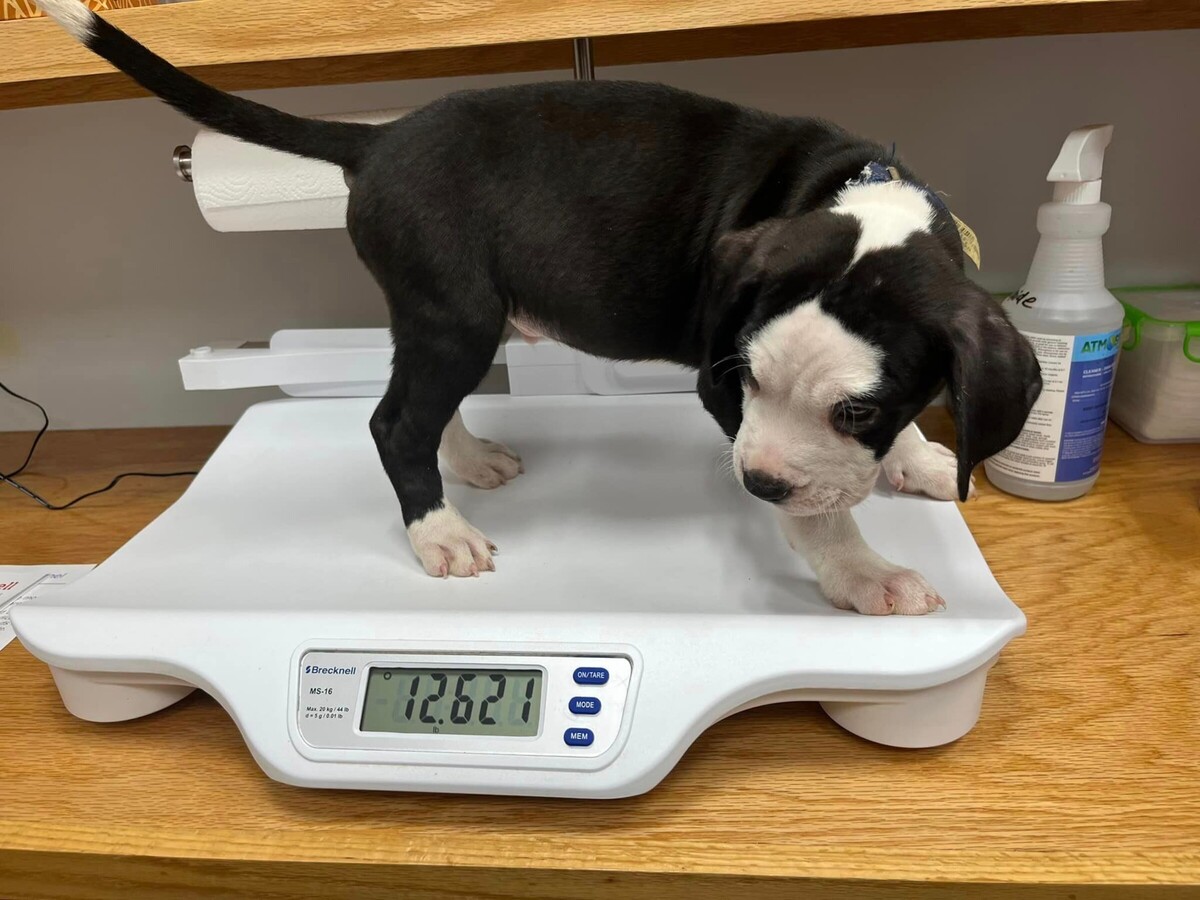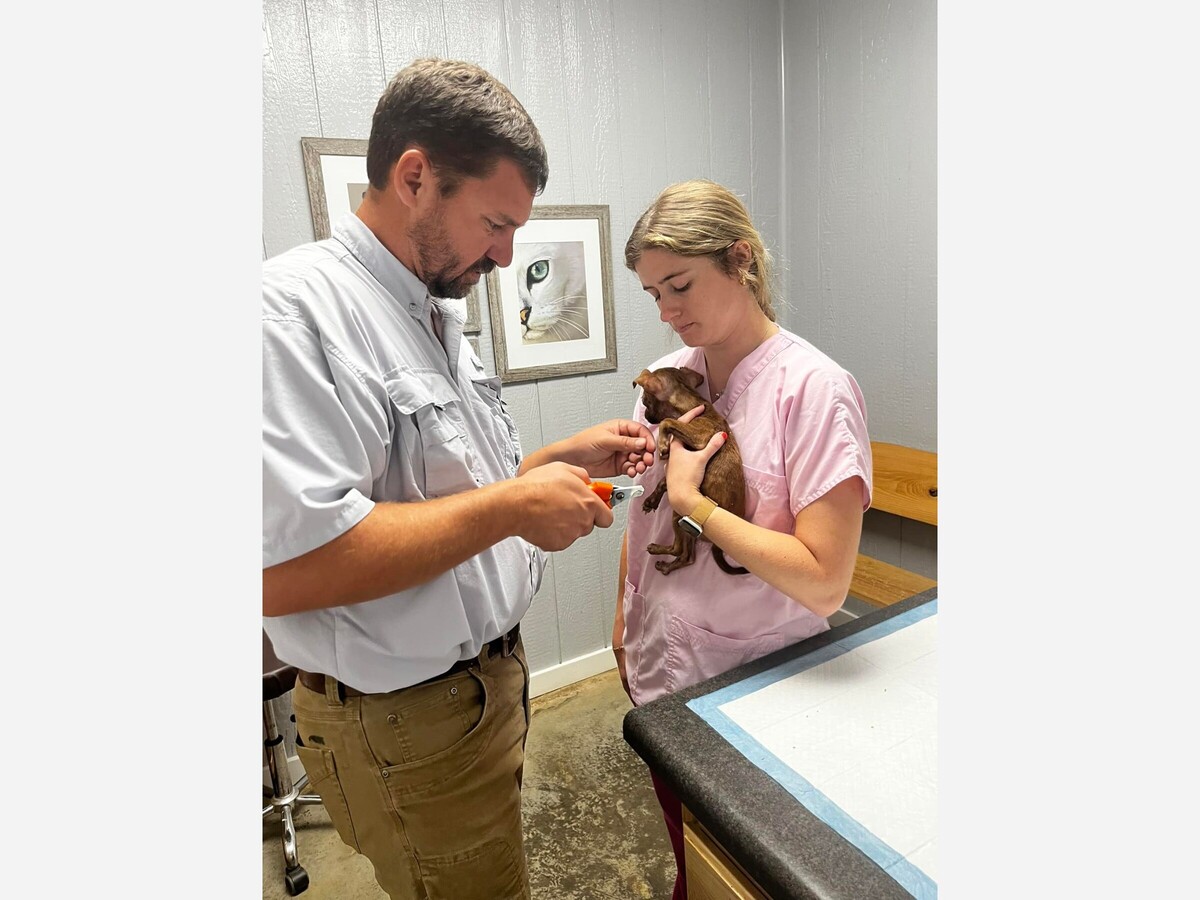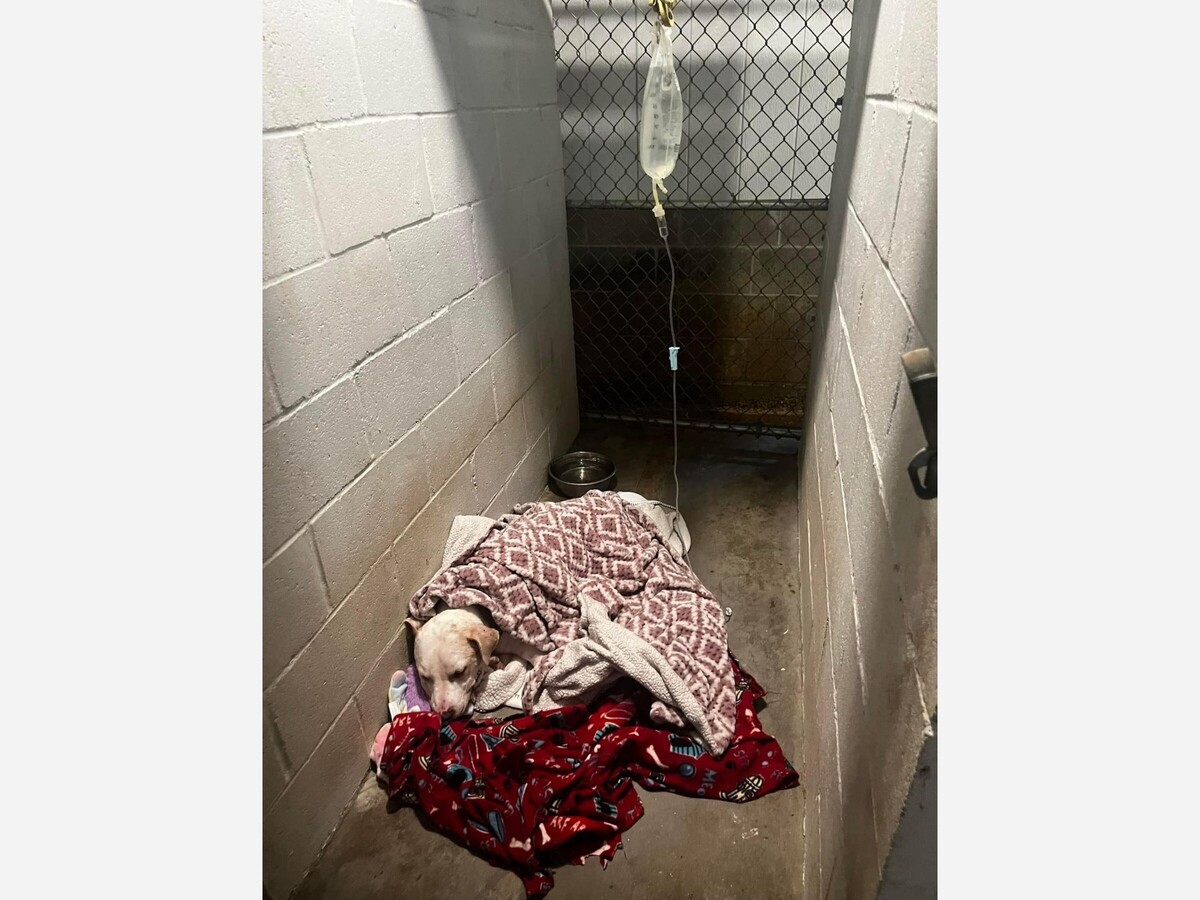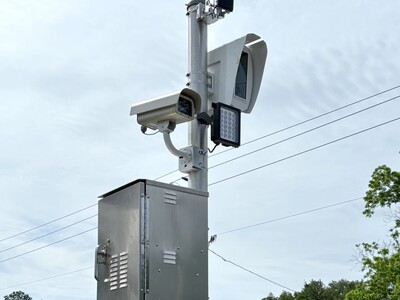The Dark Side of Animal Rescue: The Profit-Driven Motives Behind Some Organizations
Milledgeville, GA- May 31, 2024- Animal rescue is widely perceived as a noble endeavor, driven by compassion and a commitment to saving the lives of vulnerable creatures. However, beneath this benevolent exterior, a troubling trend has emerged: some rescue organizations are more focused on financial gain than on the well-being of the animals they claim to save. These groups exploit high-dollar pledges, engage in unscrupulous tactics to undermine smaller rescues, and often operate without proper licensing, all to line their own pockets.
The Lure of High-Dollar Pledges
High-dollar pledges are financial commitments made by donors to support the rescue of specific animals, often those in dire conditions or at risk of euthanasia. While these pledges can be a lifeline for legitimate rescues, unscrupulous organizations see them as easy money. These groups aggressively target animals with substantial pledges, prioritizing financial incentives over genuine need. This mercenary approach means that animals without high pledges, regardless of their need for urgent care, are often overlooked.
Undermining Smaller Rescues
In their pursuit of profit, some larger, well-funded rescues resort to sabotaging smaller, often volunteer-run organizations. These smaller rescues typically operate with limited resources but a high level of dedication and care for the animals. The larger, unscrupulous rescues may launch smear campaigns to tarnish their reputation, utilizing social media and other platforms to spread misinformation and unfounded accusations.
A common tactic is the repeated filing of complaints with the Department of Agriculture (DoA), the body responsible for overseeing animal welfare standards. By continually calling the DoA on smaller rescues, these organizations aim to harass and burden them with inspections and legal hurdles, diverting their limited resources away from animal care and towards bureaucratic compliance.
Legal and Ethical Violations
Ironically, many of the larger rescues that engage in these predatory practices are themselves operating in violation of the law. In numerous instances, these organizations are not licensed, flouting regulations that ensure the humane treatment and proper care of animals. Licensing typically requires adherence to strict standards, including facility inspections and proper veterinary care, which these groups often circumvent to maximize their profits.
The lack of licensing not only puts the animals at risk but also deceives donors who believe their contributions are supporting a legitimate and compliant organization. The funds intended to save animals are instead funneled into an operation that prioritizes financial gain over animal welfare.
The Impact on Animal Welfare
The consequences of these unethical practices are dire. Animals may suffer from inadequate care due to the lack of proper facilities and veterinary oversight. Smaller rescues, overwhelmed by harassment and false accusations, may be forced to shut down, reducing the overall capacity to save and care for animals in need. The public’s trust in animal rescue organizations is also eroded, potentially leading to decreased donations and support for legitimate rescues.
While the majority of animal rescues operate with integrity and dedication, the existence of profit-driven organizations exploiting high-dollar pledges highlights a significant issue within the sector. It is crucial for donors to research and verify the legitimacy of rescues before contributing and for regulatory bodies to enforce stringent oversight to protect animals and uphold ethical standards.
The fight to save animals must be waged with compassion, transparency, and adherence to the law. Only by exposing and addressing these unethical practices can the animal rescue community ensure that its primary mission—saving and improving the lives of animals—is upheld.



















